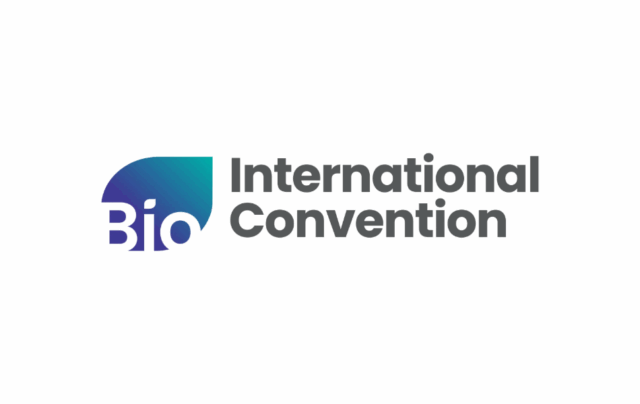
Therapeutic areas
With the overall aim of increasing patient engagement to life-changing treatment and medication, our focus is on long-term conditions, cancer, and rare diseases.
Our mission is to give patients across Europe, control of their health through knowledge, choice, convenience and connection.
Rare & speciality
We’re a global network dedicated to getting rare and orphan medicines to hard-to-reach patients worldwide.
Long-term conditions
As a leading life sciences organisation, we help those with long-term conditions get the best from their medicines.
Oncology
Delivering a range of treatments, we are the UK’s leading provider of cancer in-home care.
Sciensus Digital+
We elevate patient care by combining advanced digital platforms with a personalised “human touch”.

Sciensus achieves 95% patient satisfaction and record NPS
In our latest annual Patient Satisfaction Survey, an overwhelming 95% of respondents reported being satisfied with the support and services we provide — a testament to the dedication of our clinical, nursing, logistics and digital care teams across Europe.
Get in touch
Thank you for your interest in Sciensus. Whether you’re seeking information, partnership opportunities, or want to refer a patient, our dedicated team is here to assist you. Please fill out the form on the right, and one of our multi-lingual representatives will get in touch with you promptly.
Powered by insight
Stay up to date with the news, find out more about our latest developments and learn from experts across Sciensus.

Events
BIO international convention
With more than 30 years of experience, Sciensus is a trusted life sciences partner that helps biopharma, CROs and CCOs…

News
Leadership team additions strengthen oncology and real world evidence services for Sciensus
Sciensus, a leading European life sciences organisation, providing access to medicines for European patients, is pleased to announce the appointment…

Thought Leadership
A strategic framework for global access and personalised care
Rare diseases, while individually uncommon, collectively impact over 300 million people worldwide, representing approximately 3.5–5.9% of the global population. Despite…


